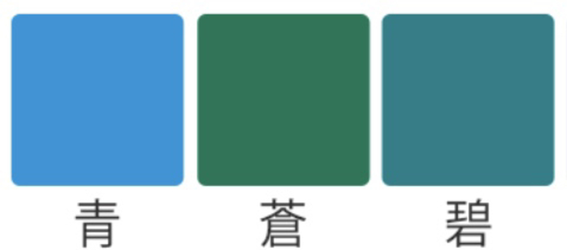Slightly off topic but has to do with learning Japanese: I often hear from fellow Gaijin that no matter how fluent or native-like you become in Japanese you'll be treated as a Gaijin anyway because apparently xenophobia and shit.
What's your take on this?
I've lived in Moonland for 15 years (12 consecutively, 'cause Covid stuff), and while I'm back in the West temporarily, I would say from personal experience that the degree to which you will be treated as an "outsider" is determined far less by your fluency in the language, but rather your integration into the culture, and that, often in ways so subtle that you yourself will be unable to quite place your finger upon.
For ten of those last twelve years, I lived in the same medium-sized city, and one day noticed that the usual shit like children daring each other to say ヘロー ("hello", for the total beginners here) to the scary gaijin, and people commenting on your ability to use chopsticks without stabbing yourself in the eye, were somehow no longer happening. I thought, at first, that the people of the city had just been seeing me around so much that they'd become accustomed to me, and simply dismissed me as another "local gaijin" whom more-or-less knew how things work.
But that can't have been it, because whenever I would travel ― which was fairly often, it didn't matter where I went; again, I never received any odd attention in those places.
I am convinced that it was a combination of my dress (I was always wearing locally-purchased clothing, although Japanese styles don't really differ
that much from Western), and, mostly, my mannerisms, comfort with how things are done on the train, in restaurants, etc.
This is an unavoidable PL here, but there's no help for it: my spoken Jap sucks, in a weird way. Because of the strange circumstances under which I learned, my accent is excellent, my understanding of grammar is enough to teach classes on it to natives (including Classical, and even the early-modern Kanbun-influenced style 漢文訓読体, insofar as it has a name), my vocabulary is fucking humonguous (albeit immensely slanted towards 漢語), BUT, to end the auto-fellatio here, my speaking and understanding of colloquial Jap is
absolute shit. So, this leaves me in a weird place in which I have zero difficulty reading a kanbun-style war diary from the Russo-Japanese War, but have to concentrate to follow an Anpan-man cartoon.
I work almost entirely in writing, so this isn't an issue, but it's really awkward when someone catches me reading something like 明六雑誌 on the train, tries to start up a convo, only to hear my disjointed speech and conclude that:
1. I can't read the thing at all, and am just pretending, for some reason.
2. I am, in fact, fucking retarded. (Jury is still out on this one)
tl;dr: It is
not fluency in the language, but how well you've assimilated the cultural subtleties. Fluency certainly
helps, but it is surprisingly secondary.
Some older traffic lights here are literally blue btw. I have also heard 青い be used as a reference to greenery but I can't find a source. Also adding my two cents there is evidence to suggest your perception of color is greatly influenced by the words available in your language. I remember hearing about some girl who didn't know the word blue and referred to the sky as "grey" or just couldn't make out the color at all.
The really fun thing is that あお has differing nuances with different kanji.

※Edited for clarity and content
